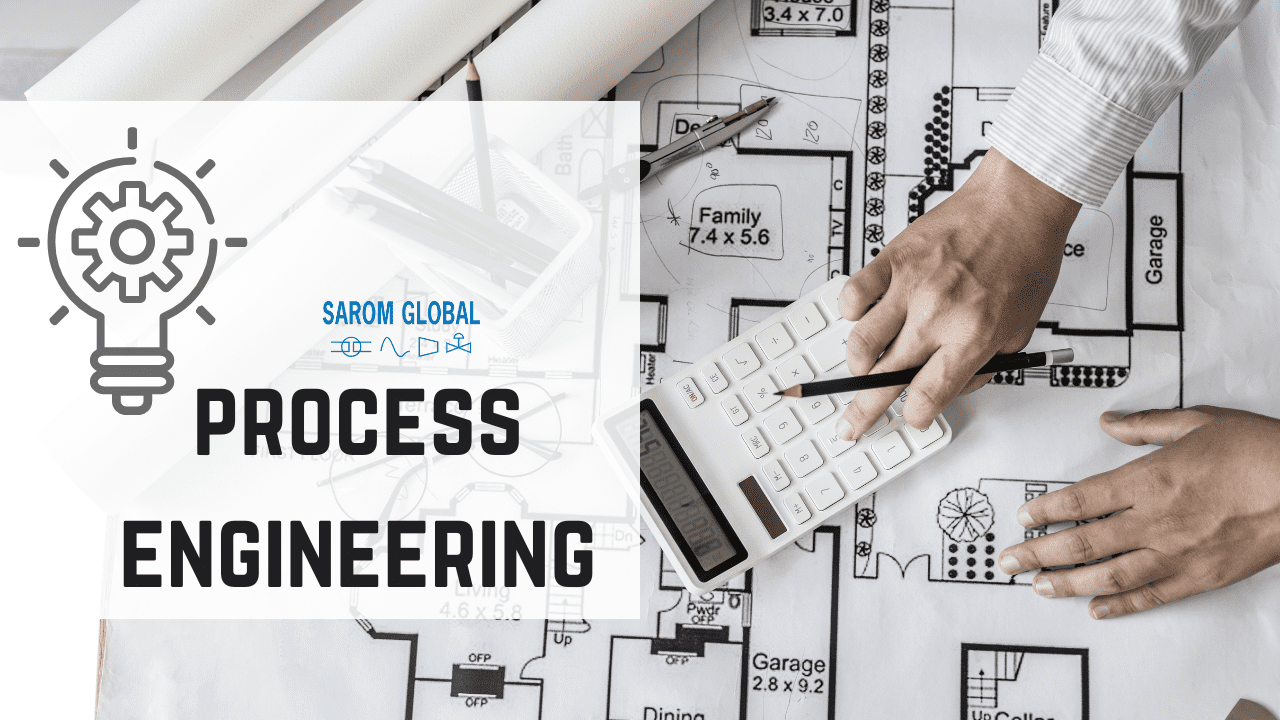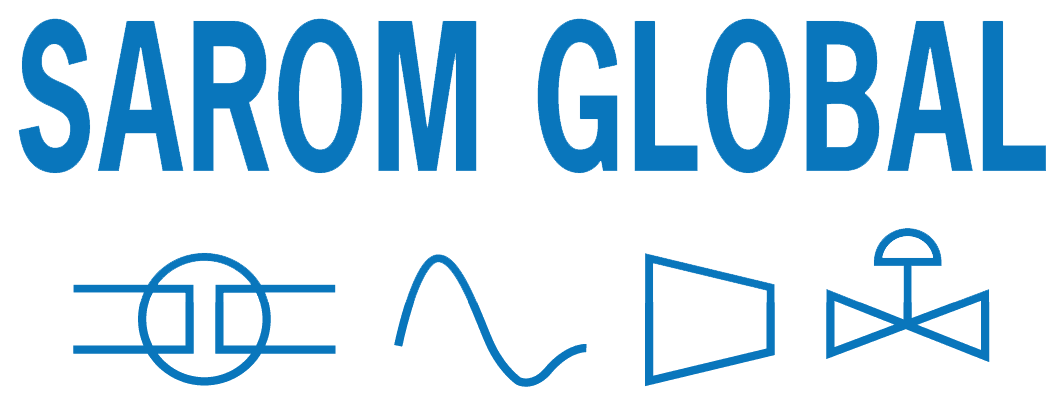
Selecting the right firm to meet your specific needs to achieve successful and efficient outcomes is of utmost importance when it comes to industrial process engineering. The process engineering firm you choose can significantly influence the quality, cost-effectiveness, and overall success of your projects. Here are some essential tips to consider when hiring a process engineering firm to ensure that you make the best decision that aligns perfectly with your requirements.
Main Responsibilities of Process Engineer ?


Role of Process Engineers in Manufacturing Industries
- Within the manufacturing sector, process engineers take on a critical and indispensable role, overseeing a multitude of facets, including planning, management, coordination, and control of the entire manufacturing process. Their primary focus is to ensure the efficient and cost-effective production of products while adhering to stringent health and safety regulations and maintaining high-quality standards.
- It is not uncommon for process engineers’ responsibilities to overlap with those of manufacturing engineers, particularly since certain companies employ manufacturing process engineers. However, the key distinction lies in their areas of expertise and specialisation.
- Process engineers typically receive training in chemical engineering, focusing on the design and optimisation of industrial processes. On the other hand, manufacturing engineers usually come from mechanical or industrial engineering backgrounds, supplemented with additional training in supply chain management and operations.
This difference in specialisation translates into the specific types of manufacturing each professional works in:
- Process Engineers: They are primarily involved in process or continuous-flow manufacturing, where products are created by blending ingredients based on a formula or recipe. Examples of such products include cosmetics, gasoline, beer, cheese, and more.
- Manufacturing Engineers: They are specialised in discrete manufacturing, which involves the assembly of individual components to create distinct items that can be counted and itemised. Typical examples of discrete manufacturing include assembling car components, mobile phones, microwaves, and other similar products.
In summary, process engineers and manufacturing engineers both play crucial roles in the manufacturing industry, with process engineers focusing on industrial process design and optimisation, while manufacturing engineers excel in supply chain management and discrete product assembly. Their complementary expertise ensures the smooth and efficient functioning of various manufacturing processes.
How to Select the Right Process Engineering Firm for Your Needs
- Define Your Requirements Clearly
Take the time to clearly define your project’s requirements before searching for the ideal process engineering firm. Then, determine the difficulties and challenges you must overcome and the objectives you want to accomplish. By having a comprehensive understanding of your needs, you can better communicate with potential firms and assess how well they align with your objectives. This clarity will streamline the selection process and lead to more meaningful discussions with potential partners.
- Evaluate Expertise and Experience
Process engineering is a specialised field that demands expertise and experience. Look for firms that have a proven track record in handling projects similar to yours. Assess their experience in your industry and the specific processes you require. Experts from a reputed and long-standing firm can provide valuable insights, innovative solutions, and higher levels of proficiency to ensure the success of your project.
- Consider Technological Capabilities


- Focus on Communication and Collaboration
Effective communication and collaboration are the cornerstones of a successful partnership with a process engineering firm. A firm that values your input and keeps you informed throughout the project fosters a transparent and productive working relationship. Find a firm that pays attention to your needs, asks insightful questions, and clearly communicates ideas and progress over time.
- Check Client References and Reviews
To gain a deeper understanding of a process engineering firm’s reputation and reliability, seek out client references and reviews. Past clients’ experiences can provide valuable insights into the firm’s strengths and weaknesses. Look for testimonials or case studies that highlight successful projects, customer satisfaction, and the firm’s ability to meet deadlines and budgets.
- Assess Project Management Skills
Efficient project management is crucial for the smooth execution of any industrial process engineering project. Enquire about the firm’s project management approach and how they ensure that projects stay on track. A well-structured project plan, defined milestones, and a proactive approach to challenges are indicators of a reliable and organised process engineering firm.
- Evaluate Flexibility and Adaptability
Industrial processes can evolve, and unforeseen circumstances may arise during a project’s lifecycle. A reputable process engineering firm should demonstrate flexibility and adaptability in response to changing requirements or unexpected challenges. Therefore, it is important to hire a firm that can adapt to new situations without sacrificing quality.
- Consider Cost-Effectiveness
While cost should not be the sole determining factor, it’s essential to evaluate the cost-effectiveness of the process engineering firm’s services. Request detailed project proposals and cost breakdowns to compare different firms. A transparent and comprehensive proposal will help you assess the value of the services offered in relation to the costs involved.
- Ensure Alignment with Your Values
Beyond technical expertise, consider the firm’s values and work ethics. Look for a process engineering firm that aligns with your organisation’s values and culture. A shared commitment to integrity, safety, and environmental responsibility can create a more harmonious and productive partnership.
In conclusion, selecting the right industrial process engineering firm is a critical decision that can significantly impact the success of your industrial projects. By defining your requirements clearly, evaluating expertise, considering technological capabilities, emphasising communication, checking client references, assessing project management skills, and considering flexibility and cost-effectiveness, you can make an informed and suitable choice.
Remember that a strong alignment of values can foster a long-lasting and fruitful partnership with the process engineering firm of your choice. Take the time to research and compare different firms, and remember to trust your instincts when making the final decision. Your choice of a process engineering firm will be a cornerstone of your project’s success.
